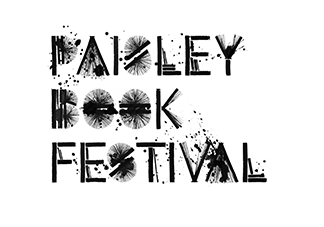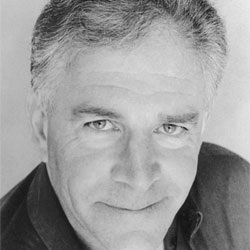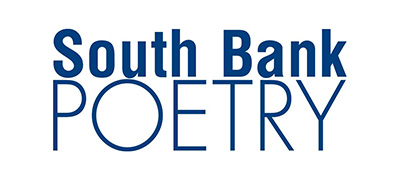In 2020, the inaugural festival was inspired by the actions of the 1820 Paisley Radicals, celebrating Paisley as a place where people value their unique rich history – while also looking forward with energy and creativity. It included 64 events for adults, children and schools, with the Paisley Arts Centre as its hub venue, and involved more than 30 local volunteers.
In 2021, the festival will continue to focus on grassroots rebellion, revolution and activism, taking account of the ways that the world has changed radically in the last 12 months. Because of the current restrictions, the Festival will be online. Keep an eye on the Festival’s social media and website for programme updates or join their mailing list.
Learn more here.
Riverbed Reading Series – iteration four features readings by Eli Tareq El Bechelany-Lynch, Ashley Hynd, Ben Ladouceur and Arianna Verbree, along with an open mic.
Learn more here.
I Read Canadian Day is a national day of celebration of Canadian books for young people. This is a day dedicated to ‘reading Canadian’ and will empower families, schools, libraries and organizations to host local activities and events within the week.
The purpose of this event is to raise awareness of Canadian books and celebrate the richness, diversity and breadth of Canadian literature.
Learn more here.
No RSVP required; the University of Arizona Poetry Center will be streaming this event live on YouTube and Facebook.
Director’s Choice presents historic readings from the University of Arizona Poetry Center’s extensive audiovisual archive Voca, as selected by past and present leadership of the Center, including Gail Browne, Alison Hawthorne Deming, Tyler Meier, and Frances Sjoberg.
This reading from Nobel Laureate Louise Glück was originally given in Tucson on March 16, 1978, when Glück was 35 years old. She reads extensively from her early work, including the chapbook The Garden and her defining collection Descending Figure. The author of 12 books of poetry, Glück’s work has been awarded the Pulitzer Prize, the National Book Award, the Bollingen Prize, among other honors. In 2013 she was named the Poet Laureate of the United States, and in 2020 she was recognized with the Nobel Prize for Literature.
Learn more here.
The editors of Columbia Journal are thrilled to announce their 2021 Spring Contest! They are now open for submissions in Translation, Poetry, Fiction, and Nonfiction.
The Poetry contest will be judged by Hanif Abdurraqib.
Learn more here.
Help Alaska Quarterly Review (AQR) reach new literary milestones. Please mark your calendars for Pièces de Résistance, an extraordinary benefit series celebrating AQR’s 40th anniversary. Join the publication for 21 free, live online readings and conversations, featuring 58 exceptional new, emerging, and established poets and writers who have appeared in AQR. Pièces de Résistance runs from October 4, 2020 to May 2, 2021 hosted by the Anchorage Museum and moderated by author Heather Lende and AQR Co-Founder and Editor Ronald Spatz.
While all of the Pièces de Résistance events are free, consider making a tax-exempt donation to support AQR through our 501c3 affiliate, the Center for the Narrative & Lyric Arts.
This event features readings by Daniel J. O’Malley, Ashley Wurzbacher and Cary Holladay.
Learn more here.
South Bank Poetry Editor Katherine Lockton runs regular Saturday poetry writing classes online. Join South Bank Poetry for their online programme of poetry writing classes, which provide a fun, personal and accessible approach to learning how to write poetry, in a friendly environment that puts the student’s learning experience first.
How do we re write the love poem from a feminist perspective? Poetry techniques taught focus on studying language and voice.
Learn more here.
The Paramount Theatre presents Margaret Atwood: A Virtual Conversation for 2021 and Beyond, moderated by Emily Ramshaw Hartstein.
Learn more here.
Couplet is a quarterly reading series, produced, curated and hosted by poet Leah Umansky. It features emerging and established poets. This installment presents Jenny Molberg, Benjamin Garcia, Donna Vorreyer, Elizabeth A.I. Powell, Shane McCrae and Patricia Smith.
Learn more here.



